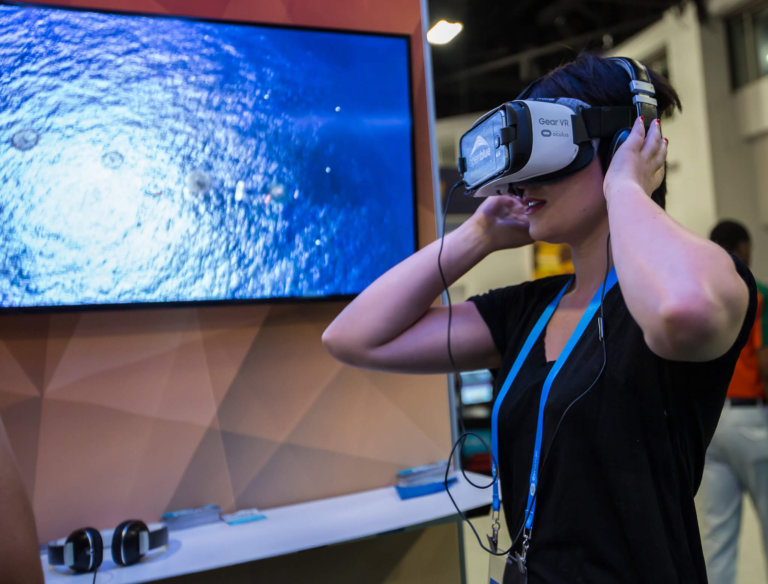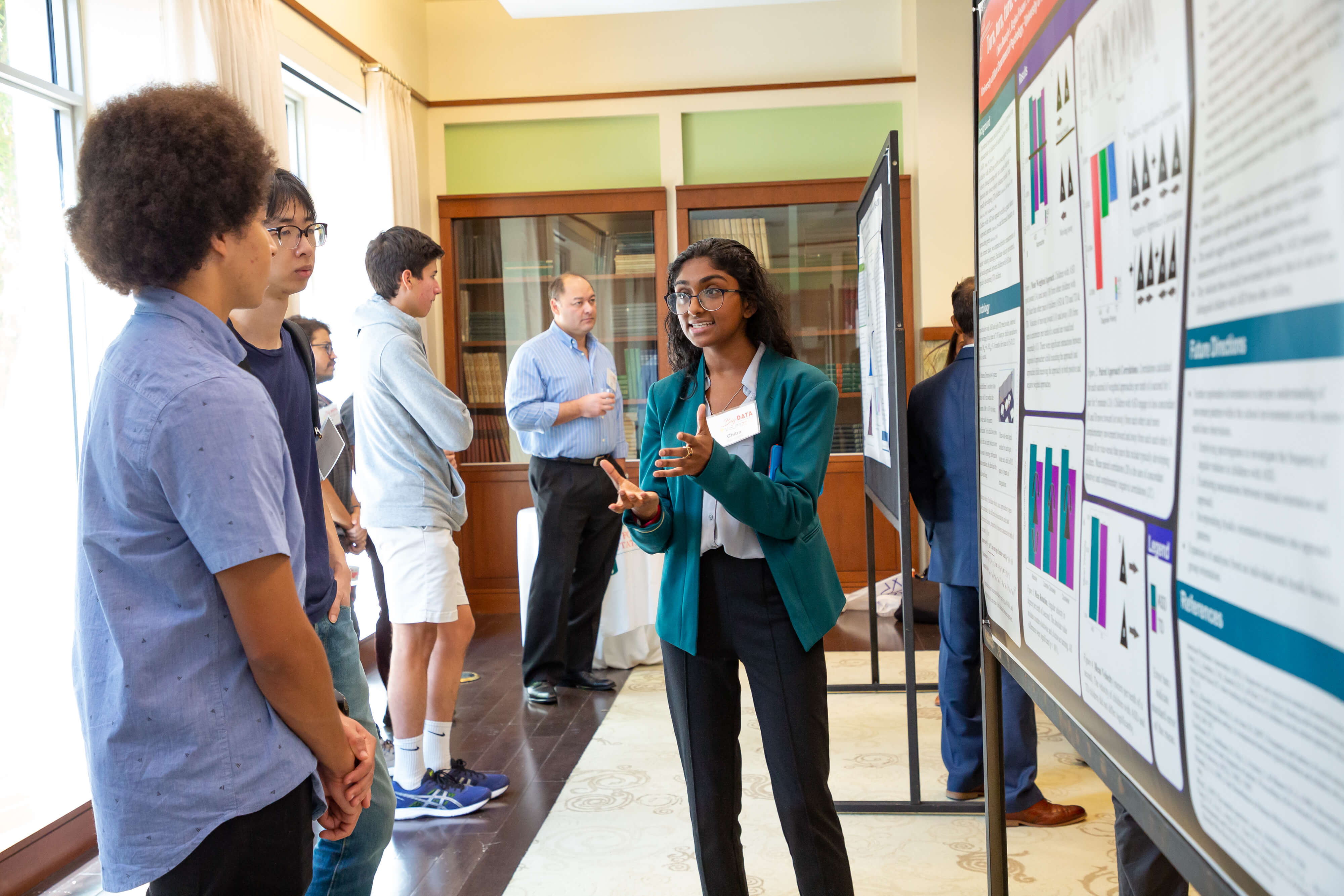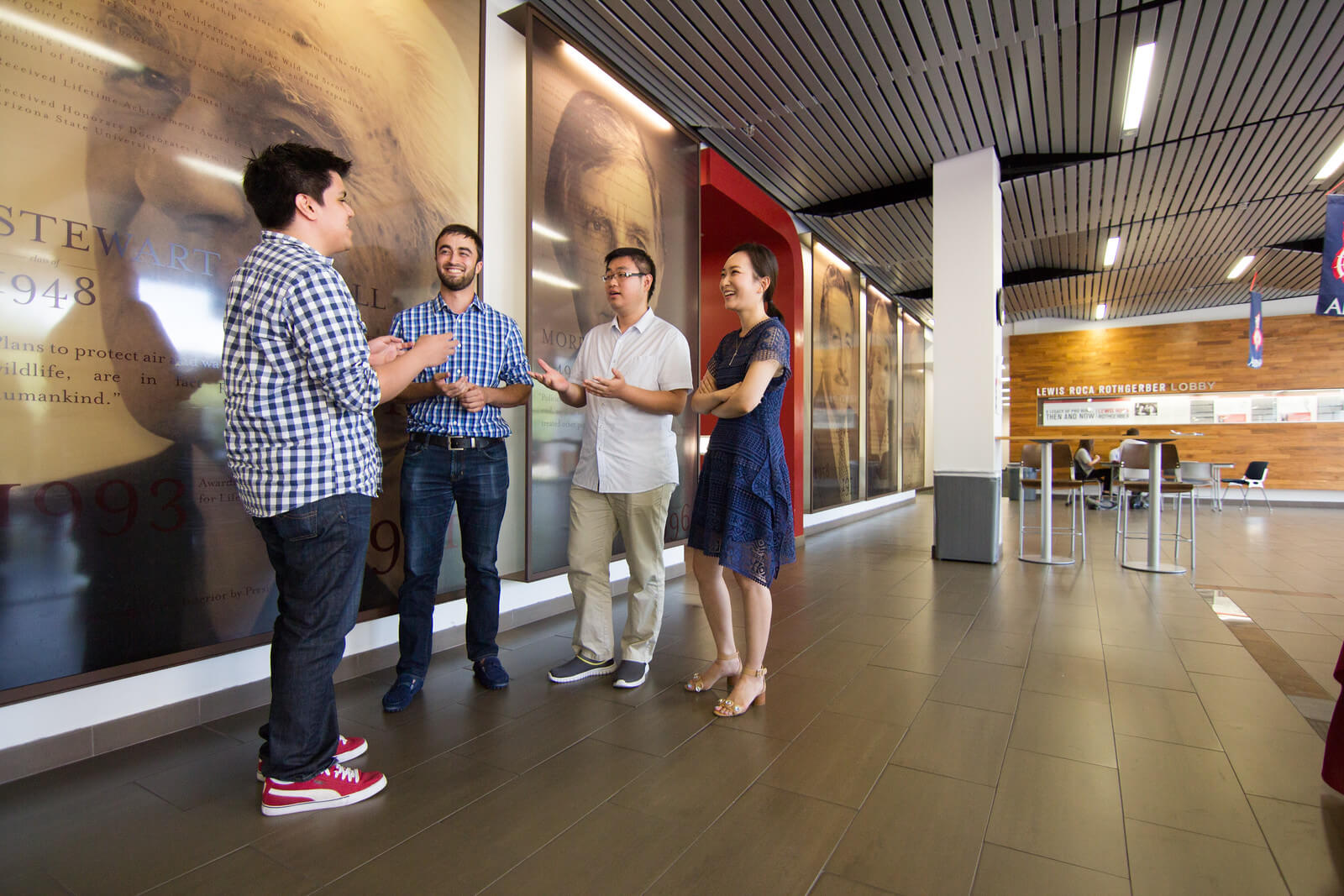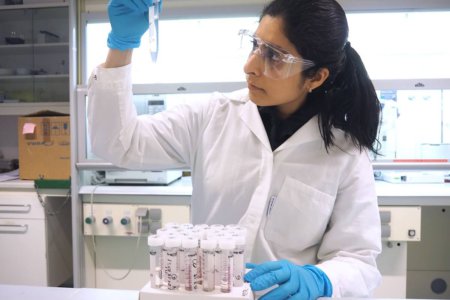
The age of data is here. From Facebook comments to tweets to Instagram stories, the sheer amount of online content is revolutionising industries and businesses.
Data is the fuel that powers how we personalise marketing, improve healthcare, predict political revolutions, profile customers, fight crime and even create art. With the explosion of big data and the exponential increases in computing power and storage, we are living through a time of immense digital transformation.
Technological growth is exponential, with Moore’s Law dictating that the speed of computer processing doubles every 18 months. Devices in our pockets and at the bottom of our bags harness this high-tech power, with every trace of our digital footprints feeding data to the cloud.
Today, we rely more on “Alexa,” than we do the people around us. This tech boom has led to high demand for graduates with data science degrees. They allow students to grab the digital nature of our lives head-on and carve out unprecedented career paths in new and exciting fields.
Here are four US universities that will prepare you for a lucrative career in this field:
University of Miami
Having information isn’t the same as being informed. And no institution understands this better than the University of Miami. Question is, how can data be used to identify trends or pinpoint new solutions? The answer can be found in UM’s Master of Science in Data Science programme — an interdisciplinary course offered by the College of Arts and Sciences.

At the University Miami, students benefit from the university’s affiliation with the Miami Institute for Data Science and Computing. Source: University of Miami
“In the past, these vast amounts of data were only available to specialists, scientists and statisticians. Today, any one of us can take advantage of this data,” says Alberto Cairo Knight Chair in Visual Journalism.
This programme provides interdisciplinary connections and experiential learning opportunities across all aspects of data science and computing: from machine learning to marine science, from city planning to communications. The available concentrations include: Technical Data Science; Data Visualisation; Smart Cities; Marine and Atmospheric Sciences; Educational Measurement and Statistics; and Marketing.
Students benefit from the university’s affiliation with the Miami Institute for Data Science and Computing. The institute hosts Triton and Pegasus, two GPU-accelerated high-performance supercomputers, and provides internships through industry partners. Upon graduation, students are either employed or accepted at a PhD programme.
Miami has recently benefited from investments of over $12 million from the Knight Foundation and Phillip and Patricia Frost in technology growth. As the government continues to establish Miami as a global technology hub, opportunities are endless for UM students.
Oregon State University
Oregon State University is nestled in the city of Corvallis, granting students access to a diverse landscape of forests, mountains and beaches. The university provides hands-on experiences that maximise classroom learning, making studying an incredibly exciting endeavour.

At OSU, you’ll study alongside a student community representing all 50 states in the US and more than 100 countries. Source: Oregon State University
At OSU, you’ll study alongside a student community representing all 50 states in the US and more than 100 countries.
Here, you can kickstart a prosperous career in the science, technology, engineering or mathematics (STEM) sectors with top-quality education and support from the College of Science.
Data science tackles today’s toughest challenges. And the College of Science is where you’ll solve them. Whether you’re an experienced analytics professional or looking to change careers and become one, the Master of Science degree or a Graduate Certificate in Data Analytics from Oregon State University is for you.
These programmes are designed for ambitious professionals who want to add more statistical or analytical skills to their repertoire and who are seeking advancement or a transition to a new functional area.
“The need to train community members in data science has never been more essential. Data science skills are critical for all students, not just those in STEM,” says Professor of Statistics James Molyneux.
University of Arizona
If you want to explore the intersections of people, data, and technology then the University of Arizona’s School of Information is the place to be. The iSchool is a research-rich, business-focused department with a global reputation for academic excellence. This is where experts, academics and students are working together to create a more diverse, equitable, and inclusive future through information.

The iSchool is a research-rich, business-focused department with a global reputation for academic excellence. Source: University of Arizona
To train the information professionals of tomorrow, the school offers several academic programmes along with a number of certificates. Students can choose from specialisations in information management; data analysis; artificial intelligence; librarianship; social media marketing; and many more.
To develop a skillset in high demand, choose the Bachelor of Information Science and Technology programme. You’ll learn a variety of knowledge and skills, from designing a stunning visualisation of scientific data to building an app for fieldwork data collection, from setting up business IT processes to delivering a scientific product via the internet.
As the programme is hands-on, students participate in internships and develop valuable contacts with local and national companies, such as Hydrant, Octavia Digital Media, and the Enterprise Technology division of State Farm.
University of Wisconsin–Madison
At the University of Wisconsin–Madison, you’ll learn from top-notch faculty who are at the forefront of creating new knowledge in their fields.

The University of Wisconsin–Madison has been a catalyst for the extraordinary. Source: University of Wisconsin–Madison
This is a university for innovative thinkers and creative problem solvers. The MS degree in Statistics with a named option in biostatistics trains the candidate to contribute substantially to the statistical analysis of biomedical problems.
You will learn how to demonstrate understanding of statistical theories, methodologies, and applications as tools in scientific inquiries; select and utilise the most appropriate statistical methodologies and practices; and synthesise information pertaining to questions in empirical studies.
An MS in Statistics with a named option in data science is also available.
At the Statistics Department, you’ll have access to extensive computing facilities, both hardware and software, that support instruction and research.
Students also benefit from the department’s close involvement with the Biometry MS, and with the School of Medicine and Public Health Department of Biostatistics and Medical Informatics.
Being a student at the University of Wisconsin–Madison means you’ll have access to field research, internships, laboratory experience, entrepreneurial opportunities and more.
That’s not all. You’ll also benefit from the university’s active knowledge- and technology-transfer partnerships with government and industry.
*Some of the institutions featured in this article are commercial partners of Study International










